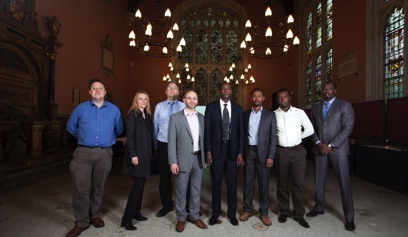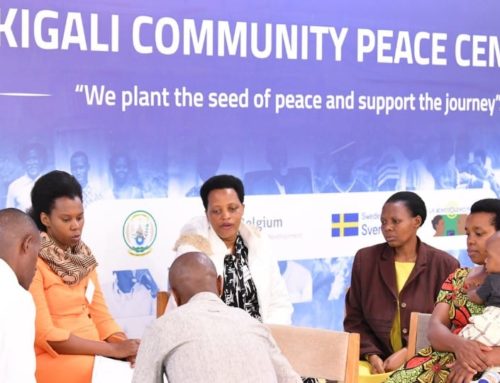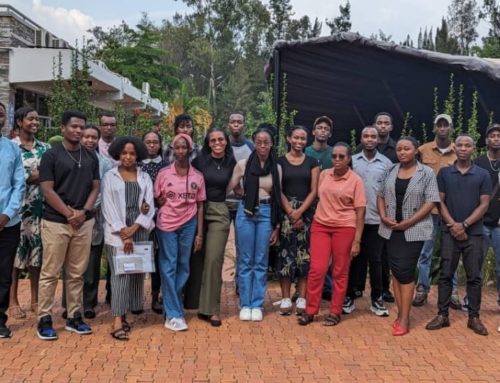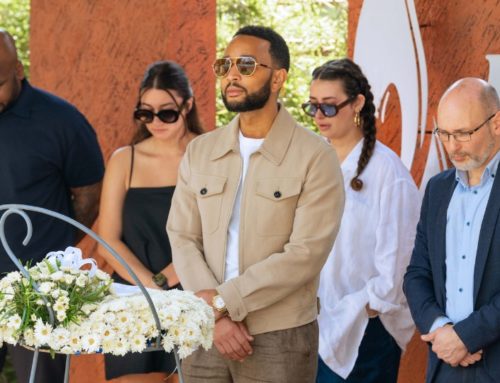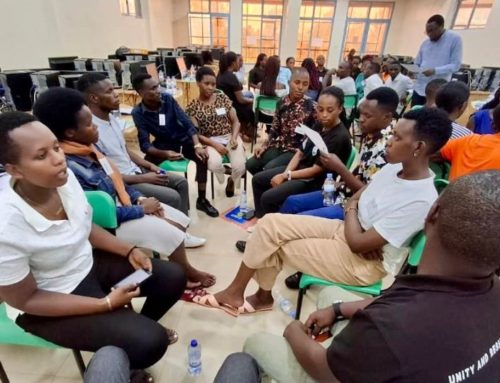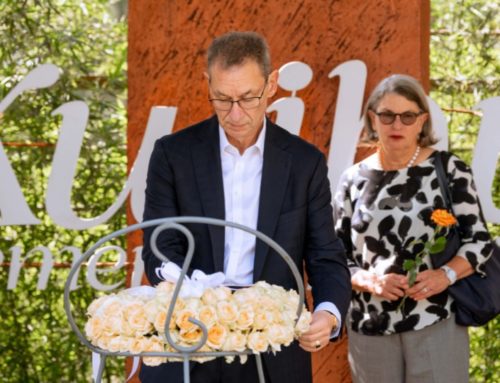This week marks the 21st Commemoration of the Genocide against the Tutsi. It is an important time to remember the victims, support survivors and ensure never again is a reality. Collecting testimonies, preserving evidence and enabling research and learning about the genocide contributes to our duty to remember.
In this effort, Rwanda’s National Commission for the Fight against Genocide (CNLG) and Aegis Trust have been working together over the last decade to preserve the memory of the genocide. This has been through the building and management of the Kigali Genocide Memorial, the establishment of the Genocide Archive of Rwanda and, mostly recently, the creation of the Gacaca Archives project. The Gacaca courts processed almost two million cases, creating more than 60 million pages of handwritten documents and almost 15,000 audio visual files that must now be organised in a state-of-the-art, temperature and humidity controlled environment. The process will create the largest genocide-related archive of its kind anywhere in the world.
To respond to this unprecedented challenge, CNLG approached Aegis Trust to provide technical support in building the Gacaca Archives. Aegis Trust has been tasked with carrying out a feasibility study, conducting training and capacity building and assisting with defining the administrative, legal, ethical and financial scope of the project. By bringing together Rwandan and international expertise on regulating the use and access to the archive, CNLG is ensuring that the collection continues to be an important tool for research and in ongoing legal proceedings.
“CNLG has the mission to preserve the memory of the genocide, and our work with Aegis Trust contributes to this goal. Through our strong partnership, we are confident that the project to archive the Gacaca Court files will ensure proper documentation of one the most successful home grown solutions and the most extensive post-conflict justice process in human history. Together with Aegis Trust, we welcome any support to ensure the quick electronic preservation of the files and to prevent any further deterioration,” Dr. Jean Damascene Bizimana, Executive Secretary of CNLG, said.
“We are humbled by the trust that CNLG has placed in Aegis over the past decade and honoured to work alongside the commission to support their important work. In preserving and digitising the archive, and making it easier to access, Rwanda is leading the way in supporting genocide related learning and research. By working hand in hand, an important resource is being secured for future for generations to both learn about and from the genocide. In so doing, tools may be developed to counter the dangers of denial and inform the cause of peace,” Dr. James Smith, CEO of Aegis Trust, said.
To learn more about the Gacaca Archives project, visit www.gacaca.rw and follow @GacacaCourts on Twitter.

